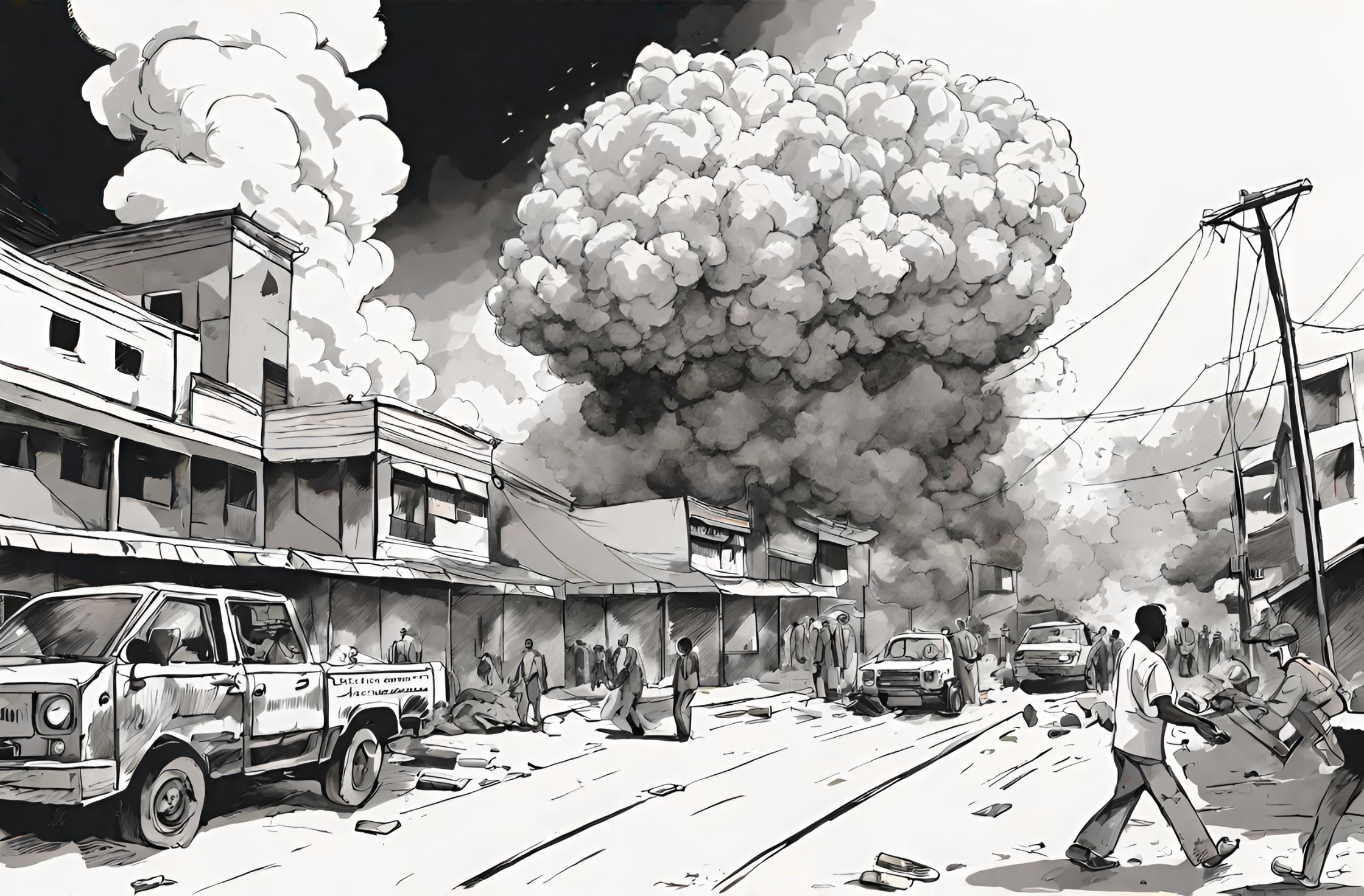Flashback to July 11
World History

On April 9, 1024, a significant event took place in the history of the Catholic Church. Benedict VIII, also known as Theophylactus van Tusculum, passed away. His papacy, which lasted from 1012 to 1024, left a lasting impact on the Church and the world. In this article, we will explore the life and legacy of Pope Benedict VIII, shedding light on his accomplishments, challenges, and contributions.
Pope Benedict VIII was born in Rome in the late 10th century. He hailed from a powerful Roman family, the Tusculani, which held significant influence in the region. From an early age, Benedict was immersed in the ecclesiastical circles of Rome, and his rise to power was, in part, due to his family’s political connections.
Upon his election as pope in 1012, Benedict VIII faced numerous challenges. The papacy at that time was embroiled in a power struggle between two influential factions: the Holy Roman Emperor and the Roman nobility. Benedict skillfully navigated these political tensions and successfully secured his position as the Supreme Pontiff.
Throughout his papacy, Benedict VIII actively sought to strengthen the authority of the Church. He closely collaborated with the Holy Roman Emperor, Henry II, to promote Church reforms and establish a strong hierarchical structure. Benedict also played a pivotal role in the spread of Christianity in Eastern Europe, giving special attention to the conversion of the pagan Slavic tribes.
One of Benedict VIII’s most significant achievements was his involvement in the Norman conquest of southern Italy. At the time, southern Italy was highly fragmented, with various Lombard and Byzantine rulers vying for power. Benedict saw an opportunity to establish a unified Christian realm and enlisted the Normans’ help in achieving this goal.
Through his diplomatic efforts, Benedict VIII managed to forge an alliance with the Norman leader, Robert Guiscard, and his brother, Roger. With their assistance, he successfully expelled the Byzantines from southern Italy, paving the way for the establishment of the Norman Kingdom of Sicily. This alliance between the papacy and the Normans would have long-lasting consequences, shaping the political landscape of Italy for centuries to come.
Pope Benedict VIII was also known for his patronage of the arts and education. He actively supported the construction of churches and monasteries across Europe and encouraged the translation of ancient Greek and Roman texts into Latin. Under his pontificate, the intellectual and cultural life of the Church flourished, leaving a lasting impact on medieval scholarship.
Despite his many accomplishments, Benedict VIII’s papacy also had its share of challenges. He faced opposition from various Roman noble families, who sought to undermine his authority and manipulate the Church for their own interests. Benedict’s ability to navigate these political treacherous waters demonstrated his political acumen and determination to uphold the integrity of the papal office.
On April 9, 1024, Pope Benedict VIII passed away, leaving behind a legacy of political and religious achievements. His papacy marked a crucial period in the history of the Catholic Church, characterized by efforts to centralize its authority, promote Church reforms, and expand its influence. Benedict’s contributions to the Church’s intellectual and cultural life continue to shape the way we understand medieval Europe.
the death of Pope Benedict VIII, also known as Theophylactus van Tusculum, on April 9, 1024, marked the end of a transformative papacy. His political skill, dedication to Church reforms, and patronage of the arts left an indelible mark on the Catholic Church and the world of medieval Europe. The death of such a significant figure in the Church’s history invites reflection on the challenges and achievements of his papacy.
We strive for accuracy. If you see something that doesn't look right, click here to contact us!
Sponsored Content

Two bombs explode in…
On 7/11/2010, two bombs…

Charles IV of Luxembourg…
On 7/11/1346, Charles IV…

The space station Skylab…
"The historic event of…

Prussia army moves into…
On 7/11/1792, the Prussia…

Giuseppe Arcimboldo first surrealist…
Giuseppe Arcimboldo, the pioneering…

Chinese archeologists discover a…
Chinese archeologists made a…

